According to a recent report by the Department of Education and Training of Ho Chi Minh City on the current situation of preschool education in urban areas and industrial zones in Ho Chi Minh City, the highest income of preschool teachers is 16.8 million VND/month and the lowest is 5.1 million VND/month.
According to statistics from the Department of Education and Training of Ho Chi Minh City, preschool education has 2,611 managers, 27,359 teachers and 11,458 employees.
As of January 2024, there is a shortage of 278 public preschool managers, 529 teachers in public schools, and 671 teachers in non-public facilities.
According to the management agency, the city has many attractive policies for preschool teachers, but they have not yet met the living needs in the city, especially teachers from other provinces who have to rent houses and cover living expenses.
Therefore, after graduating from school, a number of teachers choose to work freely or apply for jobs in private organizations or units to have higher income.
To overcome that situation, the Department of Education and Training of Ho Chi Minh City has implemented many solutions such as: organizing flexible recruitment of civil servants in many forms (exams, selection, recruitment in many rounds during the year); Promoting decentralization of recruitment organization for public service units, enhancing the responsibility of unit leaders, proactively attracting resources, and considering the solution of signing teacher contracts when not yet recruiting personnel to ensure the operation of the unit.
In the near future, the Department of Education and Training said it will coordinate with the Department of Home Affairs to submit to the Ho Chi Minh City People's Committee for consideration and direction on the time of job transfer for civil servants, the time to organize the first round of civil servant recruitment in the whole city; at the same time, organize the reception of preschool teachers transferred to work in Ho Chi Minh City according to the needs of the unit.
At the same time, the education and training sector continues to propose policies to attract preschool teachers, overcome financial difficulties, help workers participate in the education sector for the long term; strengthen coordination with training institutions to have policies to attract students to study preschool education.
Particularly for areas with industrial parks (IPs), in recent years, investment in building kindergartens in IPs has received attention from the entire political system, many kindergarten projects are invested with state budget capital.
Local authorities have proactively implemented many measures to mobilize resources to invest in facilities, build schools and classrooms, contributing to reducing the burden of overloading the number of children per class for public schools in industrial zones.
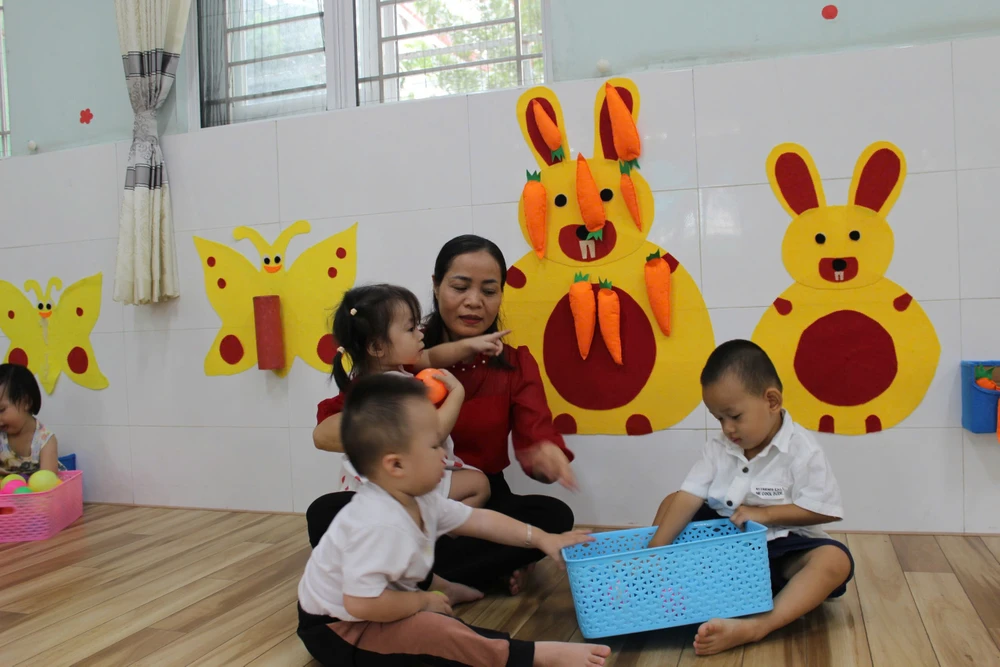
However, the implementation of kindergarten projects in industrial parks still faces many difficulties due to limited land fund for school construction; mobilizing businesses to open schools on rented land for school construction faces many difficulties.
On the other hand, the demand for after-hours childcare of workers in industrial parks is increasing, while the number of teachers in the education sector is not enough to divide shifts to meet the demand for after-hours childcare, and schools violate the Labor Law if teachers work more than the prescribed number of hours...
To overcome these difficulties, the education sector continues to implement Resolution No. 35/NQ-CP (dated June 4, 2019) of the Government on strengthening the mobilization of social resources to invest in education and training development in the city.
Along with that, the departments and branches continue to coordinate to advise the Ho Chi Minh City People's Committee to systematize regulations on mobilizing social resources for education in each specific field and group of issues, detect overlapping, contradictory and missing regulations; from there, advise and propose directions for appropriate revision, supplementation, replacement or abolition; at the same time, update new policies and orientations on socialization to remove difficulties for localities.
By the end of the 2023-2024 school year, Ho Chi Minh City has 3,469 preschool education facilities with 340,746 children attending, including 1,248 schools; 1,955 groups of children, kindergarten classes, independent preschool classes and 266 groups of children with a maximum size of 7 children.
Particularly for areas with industrial parks - concentrated in Thu Duc City and districts 7, 12, Tan Phu, Tan Binh, Binh Tan, Cu Chi, Binh Chanh and Nha Be districts, the whole city has 771 schools; 1,590 classes with 209,222 children studying.
Currently, the rate of 5-year-old children attending school 2 sessions/day is 100%. The whole city has 312/312 wards, communes and towns meeting the standards of universal preschool education for 5-year-old children.
ATTENTION
Source: https://www.sggp.org.vn/tphcm-de-xuat-tang-thu-nhap-de-giu-chan-giao-vien-mam-non-post759526.html





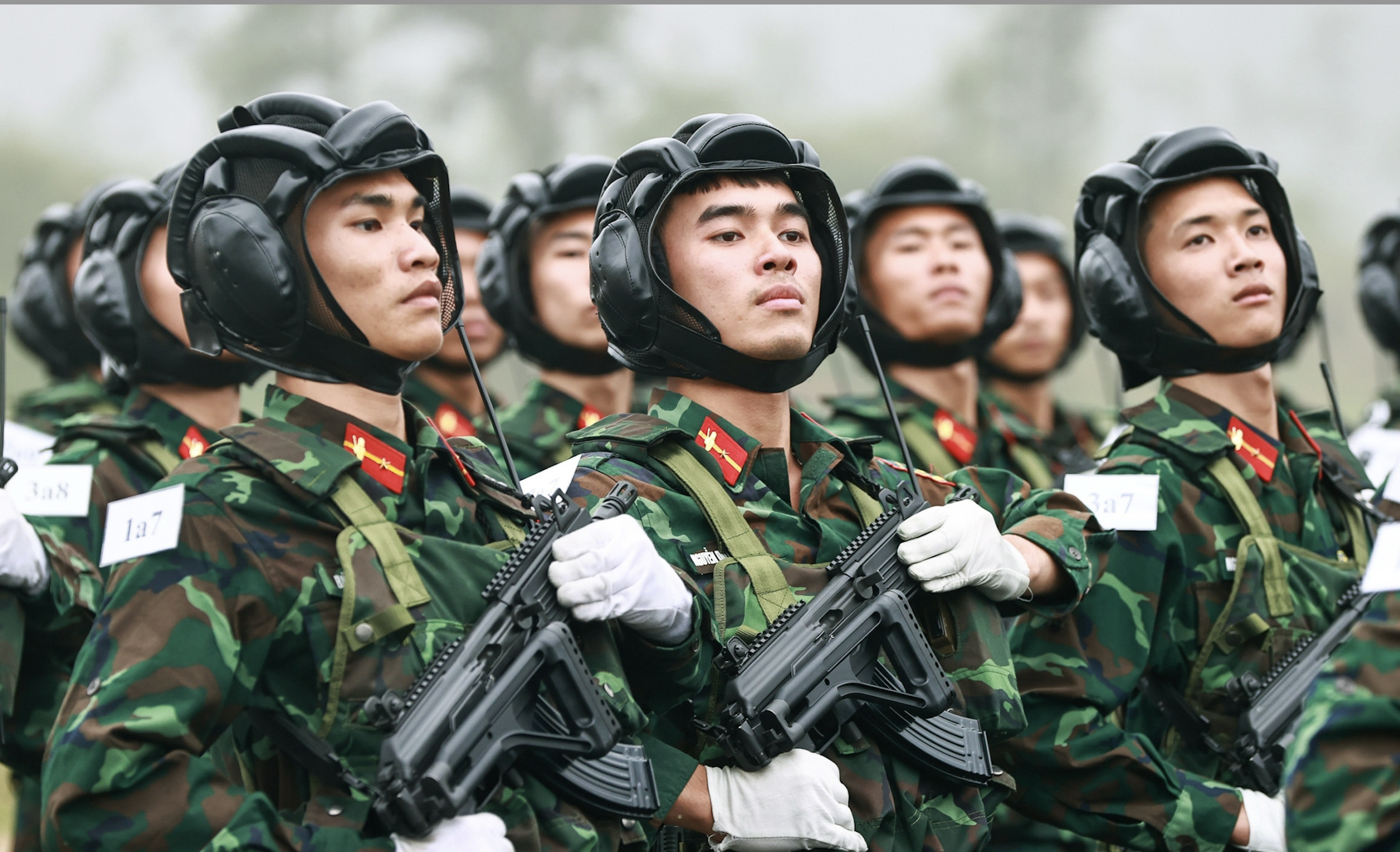


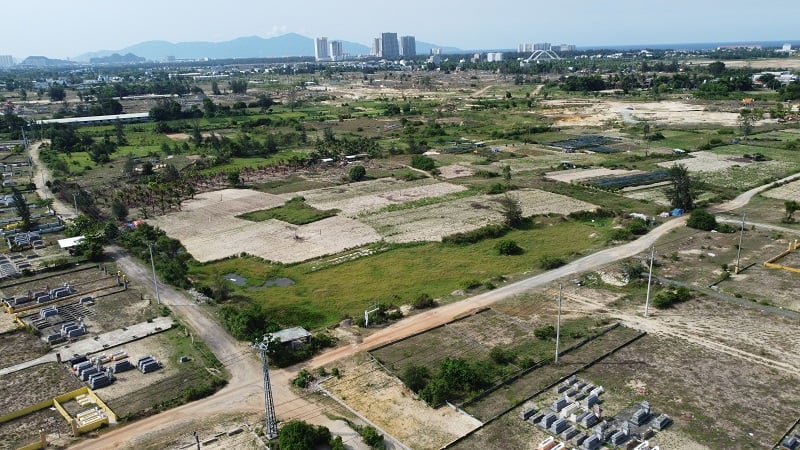

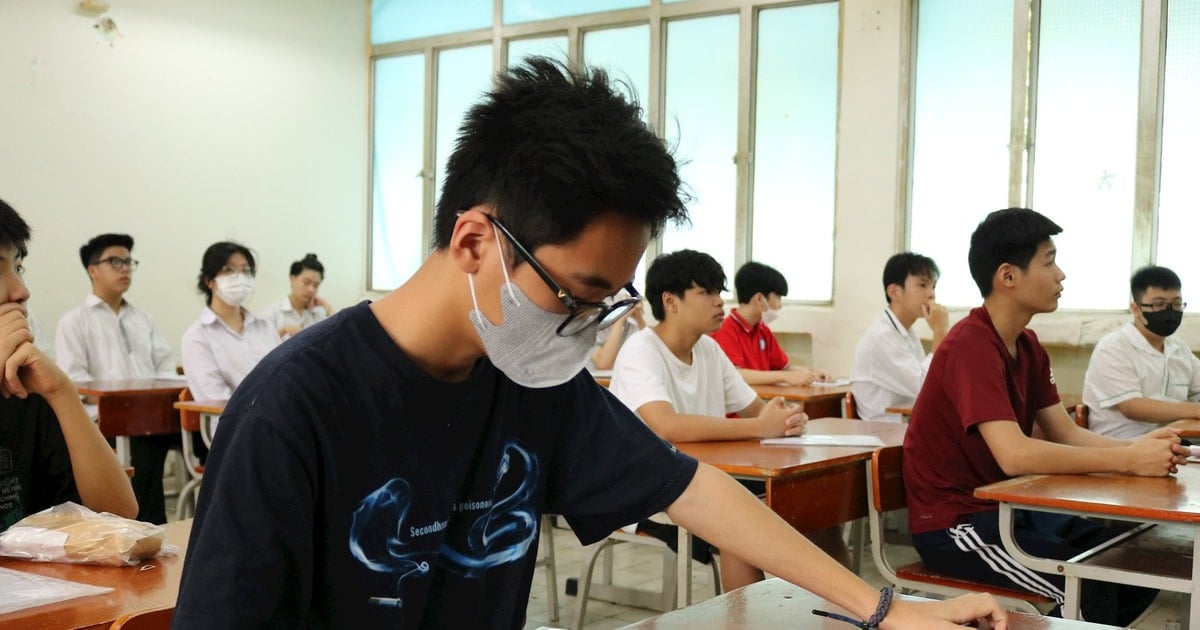

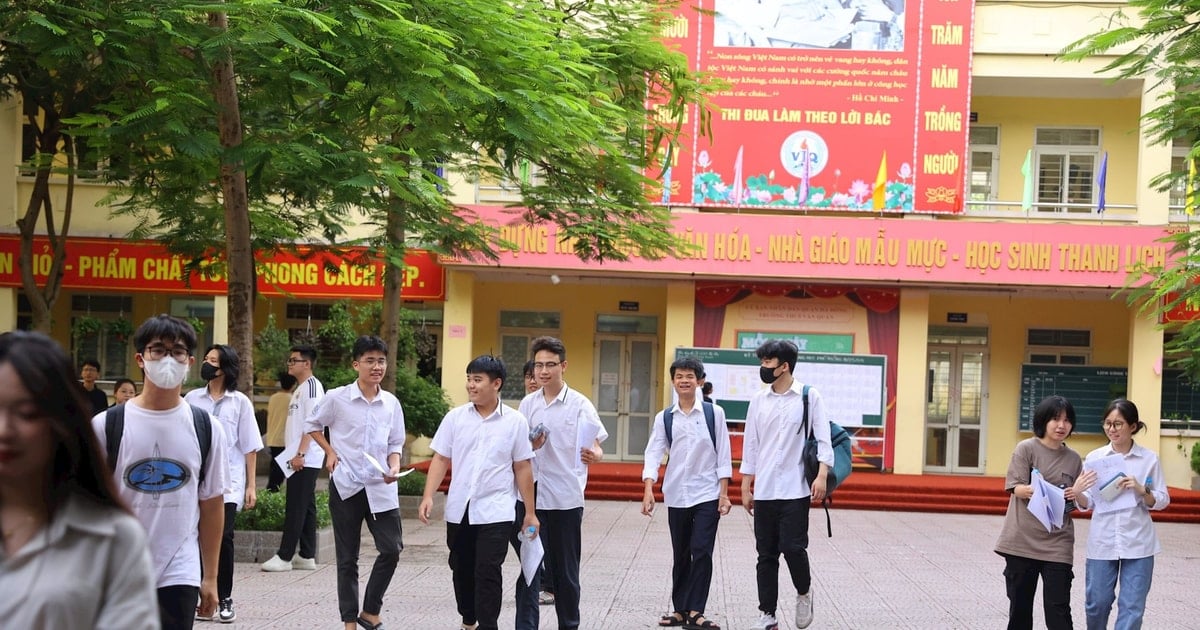


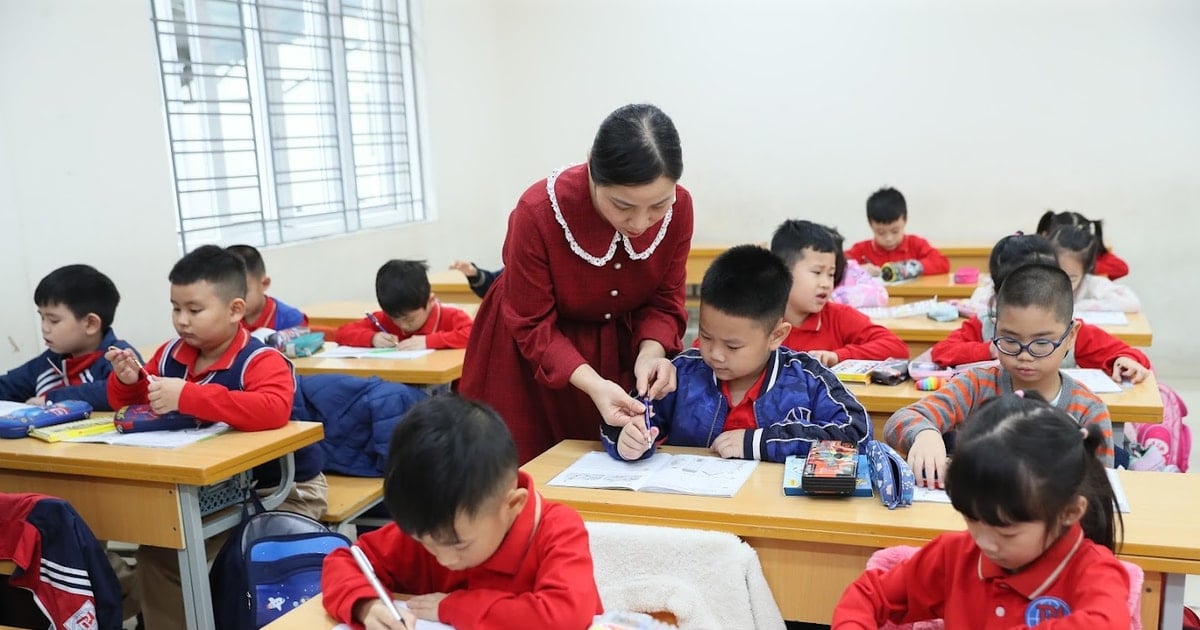

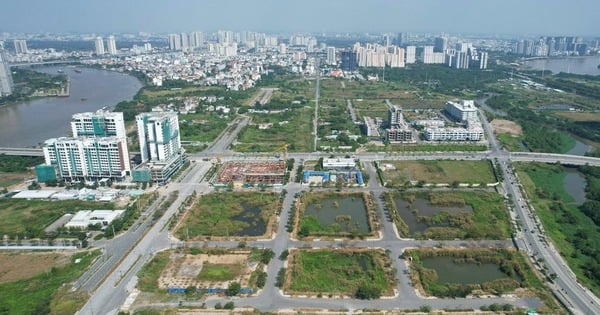





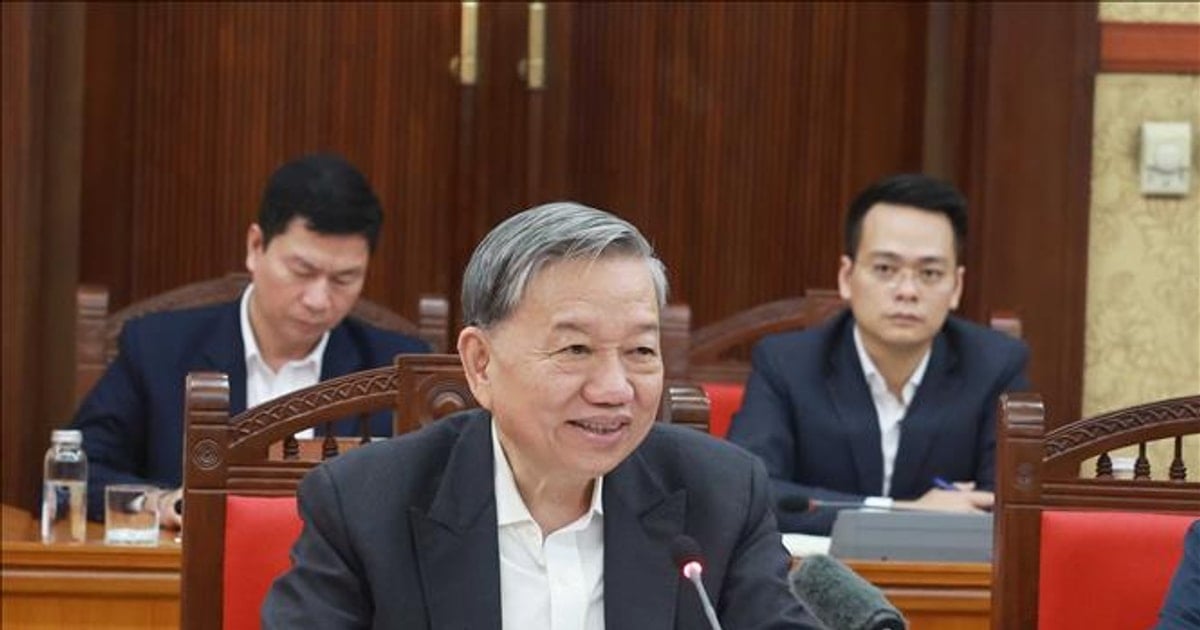









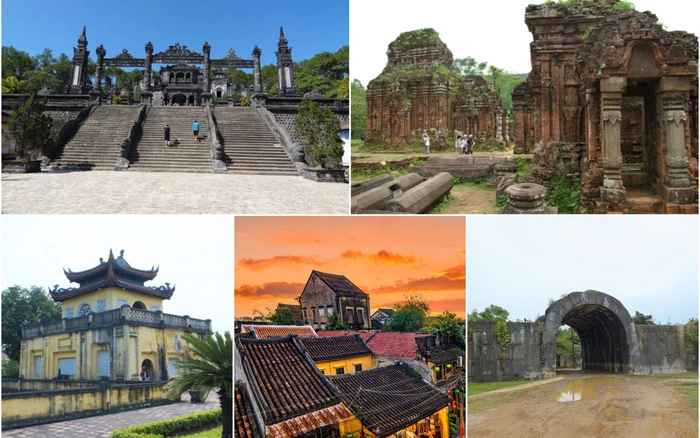
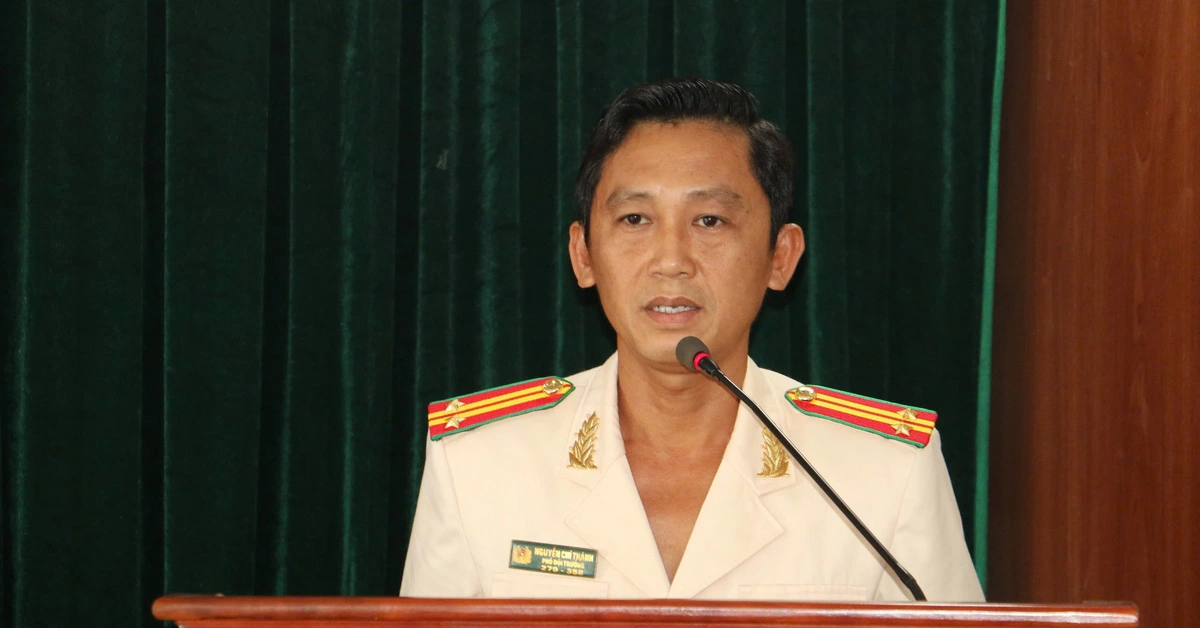


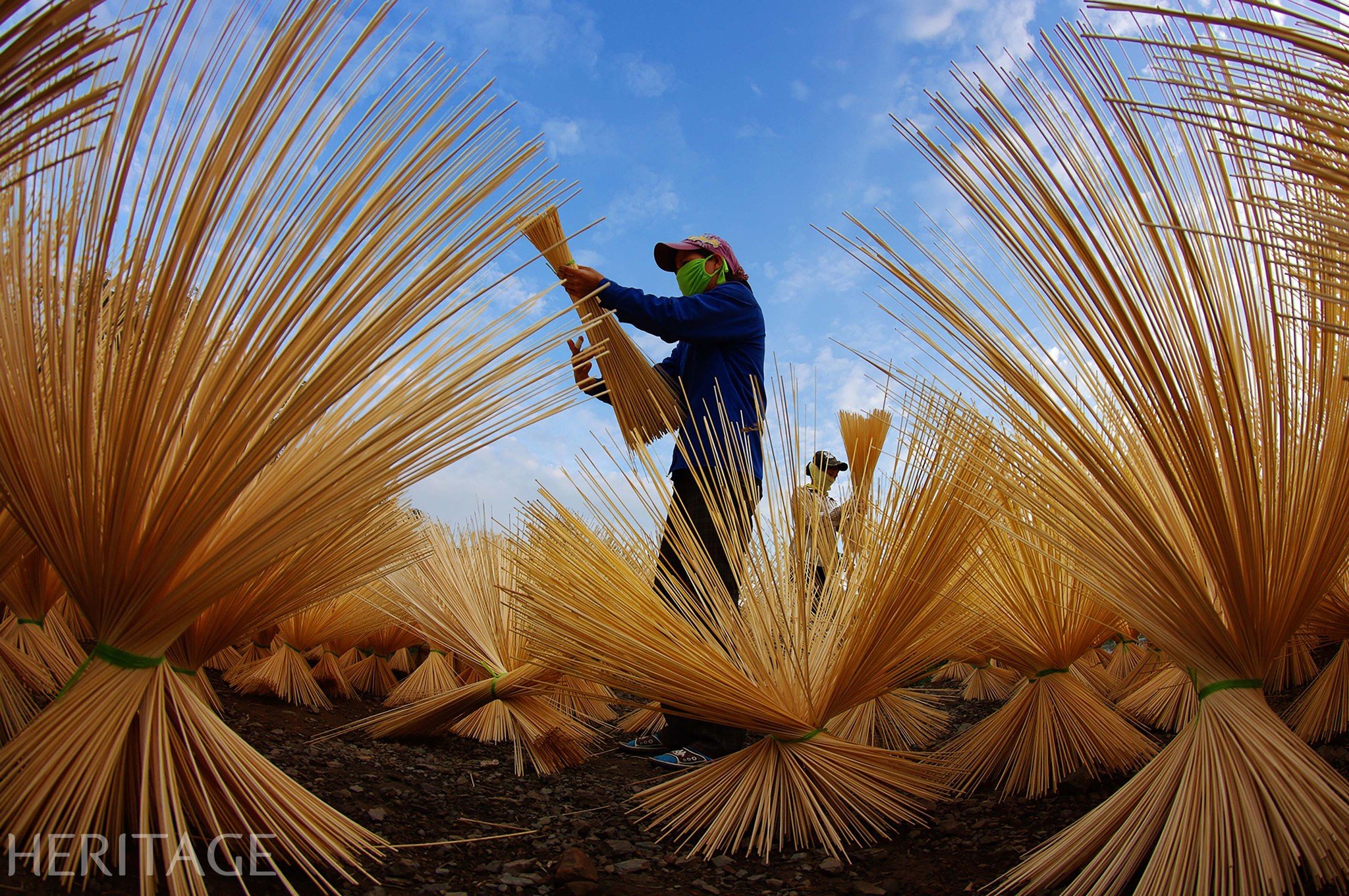

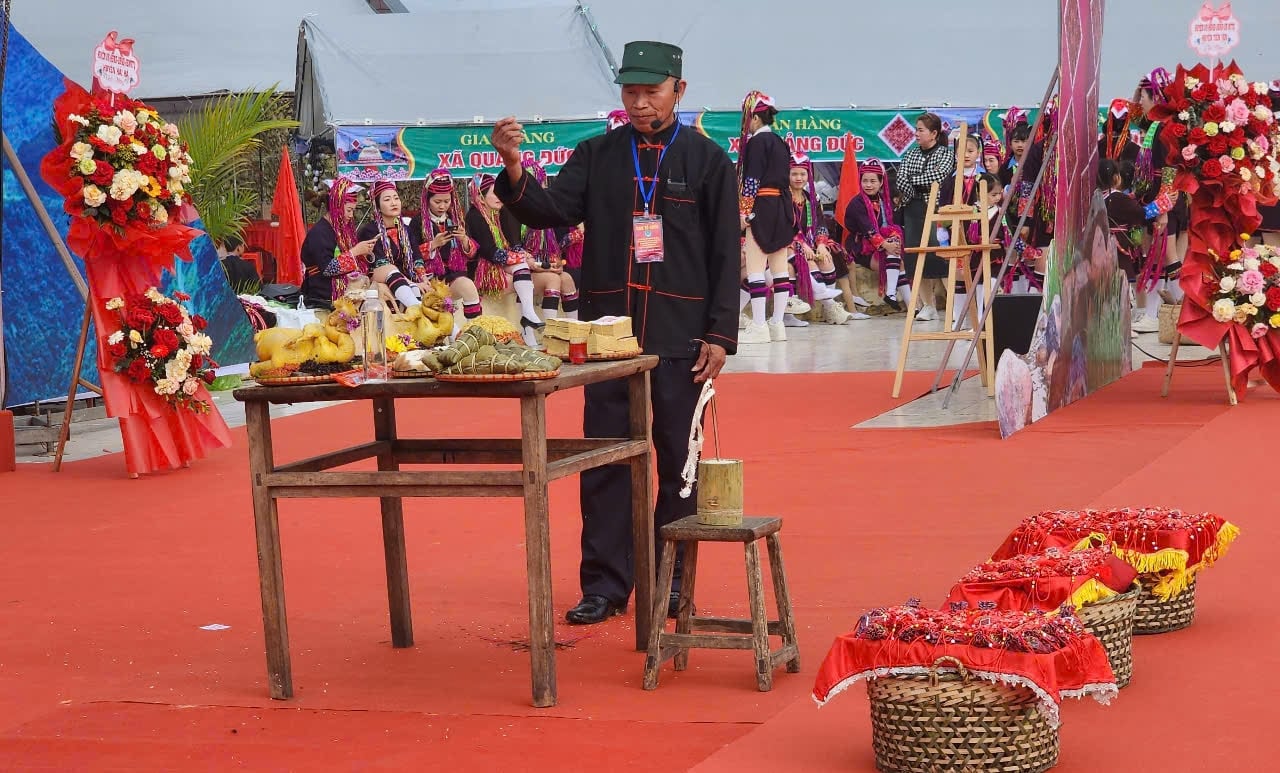
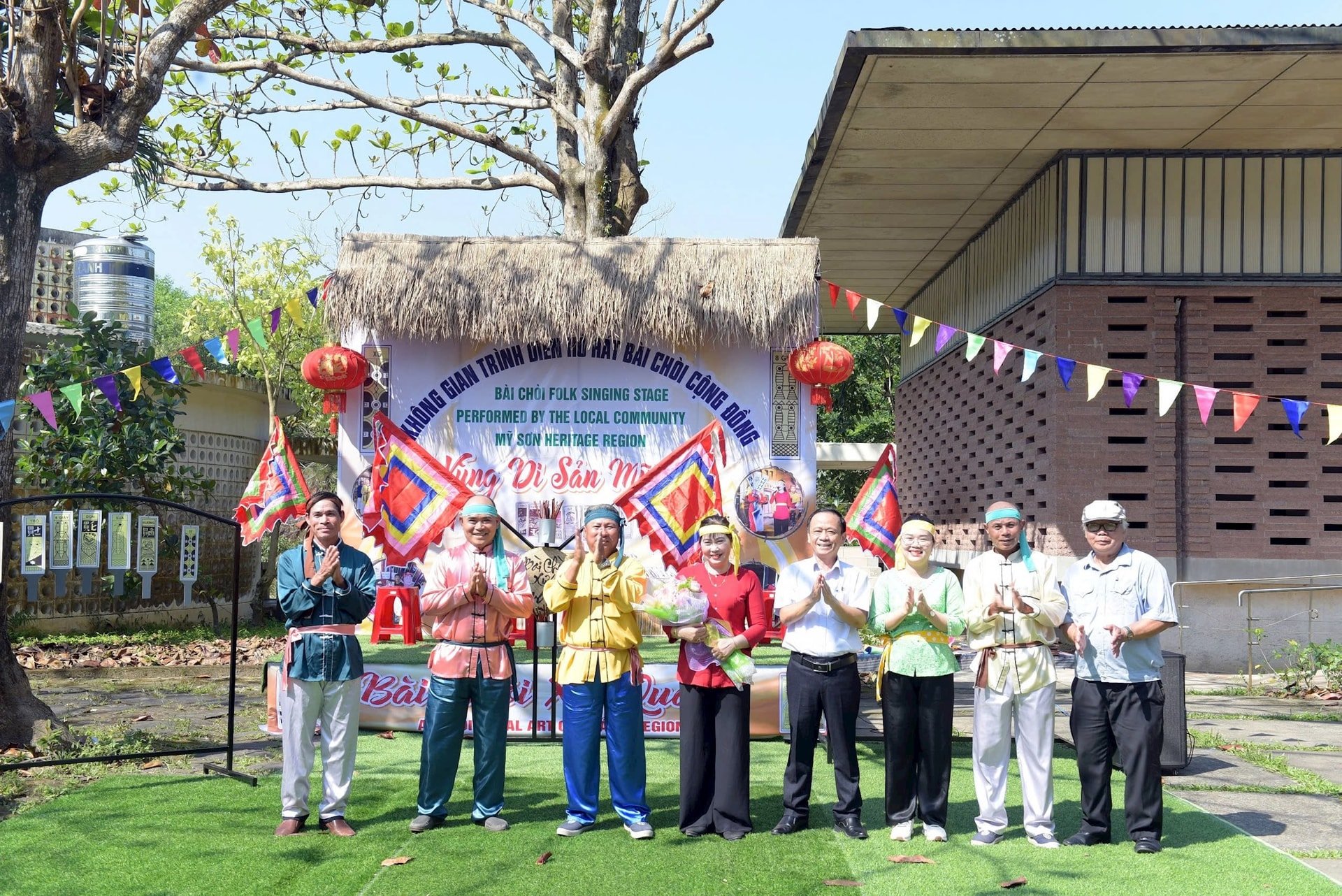

























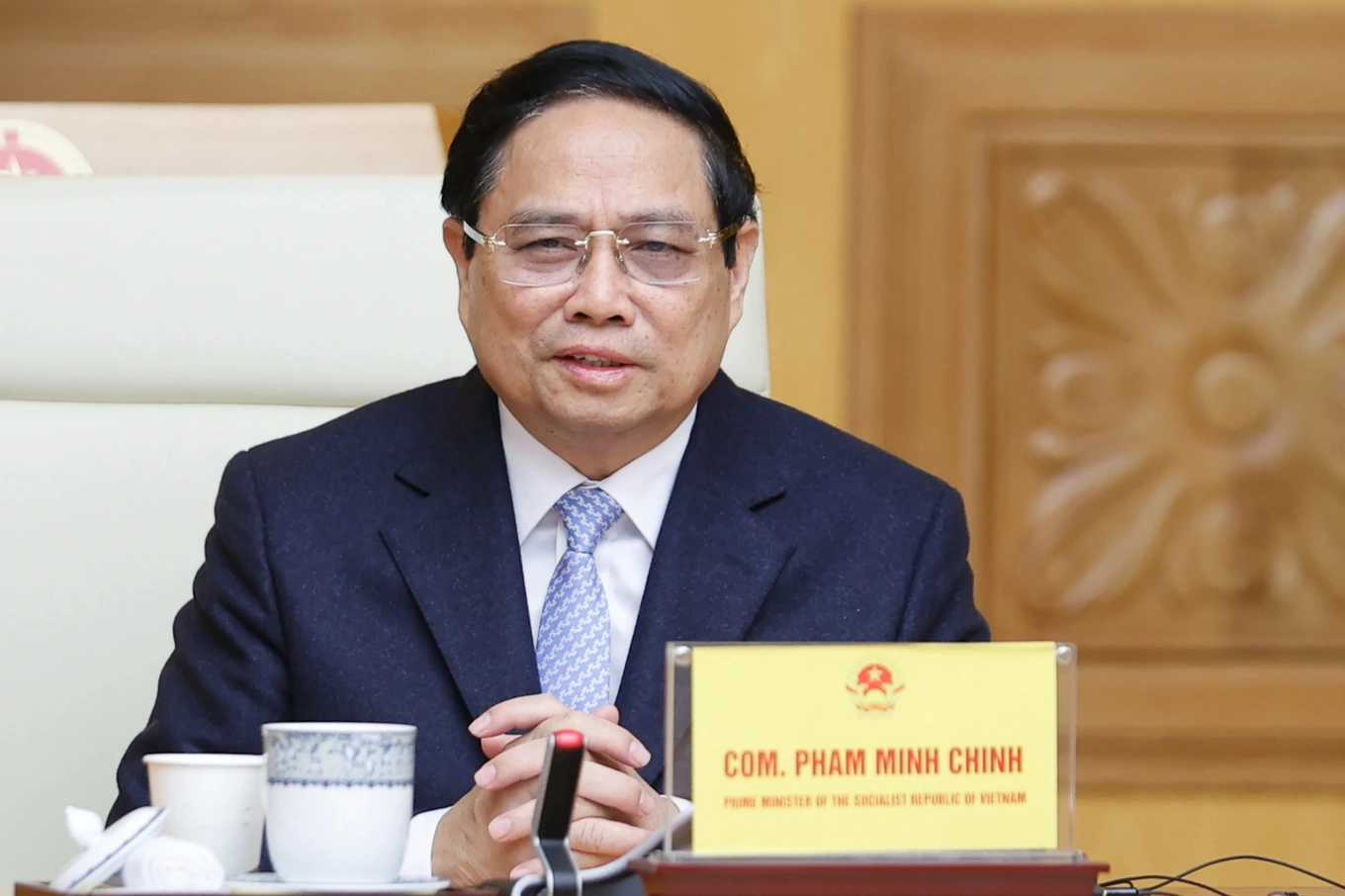


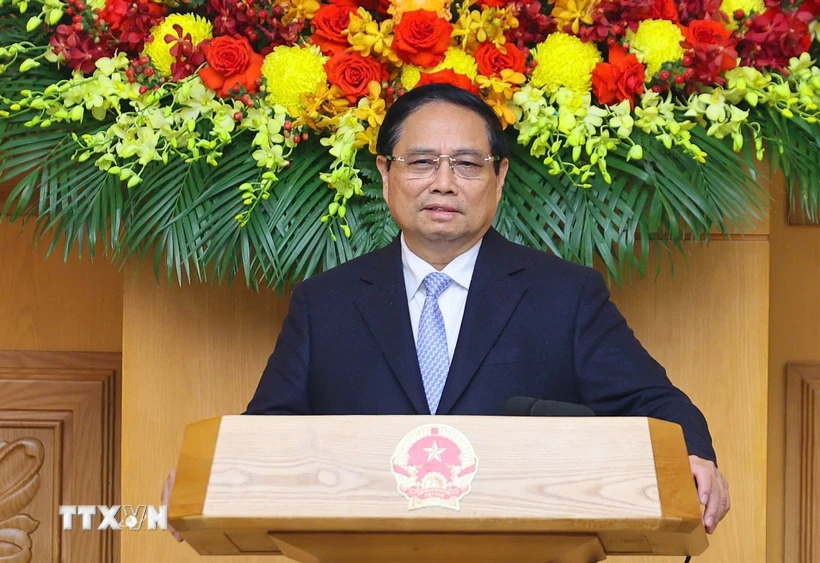






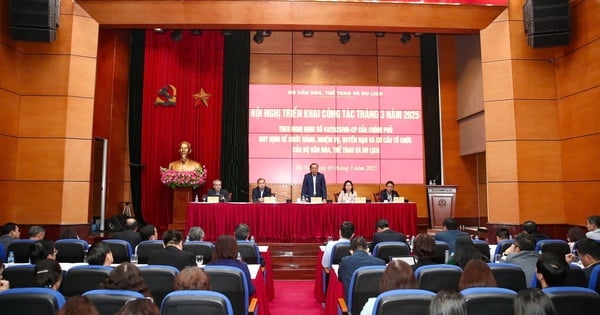
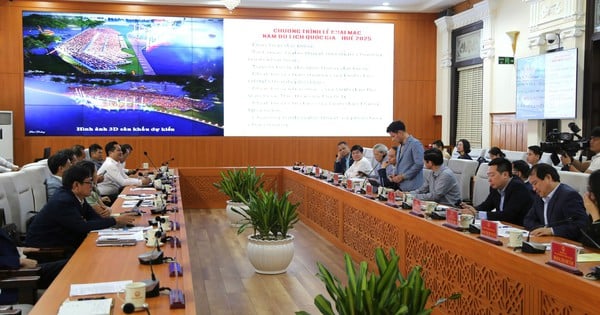















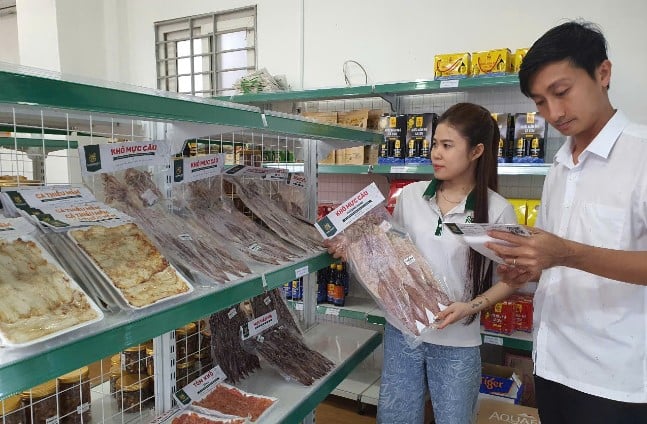

Comment (0)